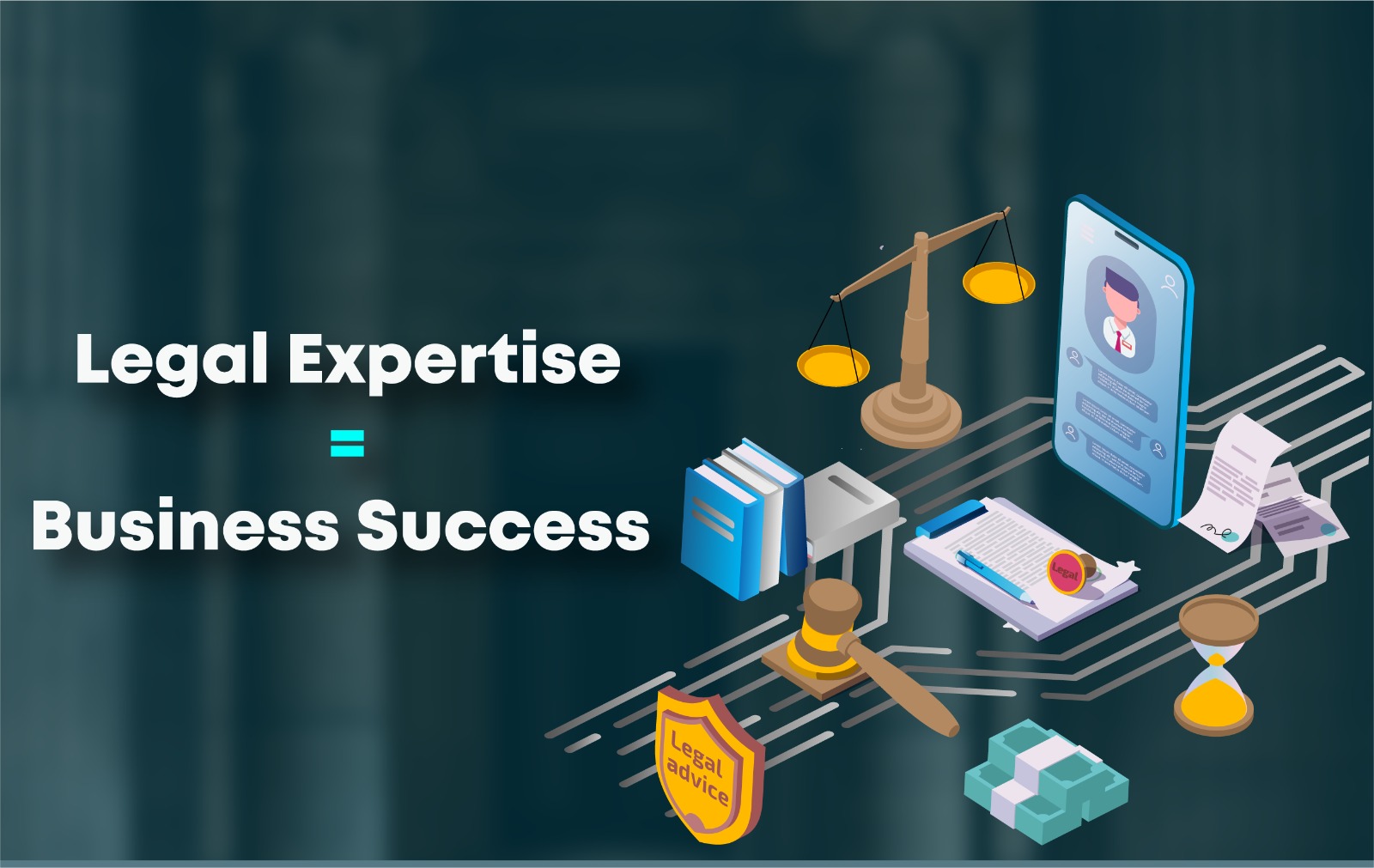Introduction
Have you ever wondered if it’s possible to convert your sole proprietorship into a Limited Liability Company (LLC)? This question piques the interest of many business owners and small to medium-sized enterprise operators. Changing the legal structure of a company has significant implications for both legal and financial responsibilities of business owners.
In this article, we will delve deep into this subject, examining the laws and regulations related to converting a sole proprietorship into an LLC, and the financial obligations of the business owner after the transition. If you are considering altering your company’s structure or simply seeking more knowledge on this topic, this article may provide you with answers. Let’s explore together whether a sole proprietorship can be converted into an LLC and the legal ramifications of such a decision.
Sole Proprietorship and Commercial Company Laws
In accordance with existing regulations, a sole proprietorship does not have a separate legal entity apart from its owner. This means that a sole proprietorship cannot be converted into a Limited Liability Company (LLC). This rule particularly applies to private commercial entities, where the law does not allow the transformation from this form into a company.
Therefore, when forming a company, there must be multiple partners, and the company acquires an independent legal personality and financial liability separate from its owners. In other words, the company is not responsible for the debts and obligations incurred by the sole proprietorship in the capital contribution to establish the company.
Laws and Provisions Regarding the Conversion
As per Articles 273/1 and 274 of Commercial Companies Law No. 8 of 1984 and its amendments, it is evident that the conversion from a sole proprietorship to an LLC is subject to specific conditions. These conditions include that the conversion should be restricted to companies only.
Once the company is registered and announced, it obtains a separate legal personality and financial liability distinct from those of the founding partners. In other words, the company does not assume the debts and obligations of the former sole proprietorship that were contributed as capital to establish the company.
Responsibility of the Sole Proprietor After the Transition
Through judgments issued by the Court of Cassation in similar cases, it is clear that the owner of the sole proprietorship remains liable for any debts arising from the sole proprietorship after the transition. This highlights the importance of understanding and committing to settling any debts incurred after the conversion. The owner of the sole proprietorship cannot evade any previous obligations before changing the company’s legal form.
Expert Insights on Transitioning from a Sole Proprietorship to an LLC
For a better understanding of expert opinions on this critical matter, we consulted with Mr. Ahmed Saber, Head of the Litigation Department. Ahmed Saber shared his expertise regarding converting sole proprietorships into Limited Liability Companies, stating: “This type of transition requires a precise understanding of local laws and necessary procedures. The owner of the establishment must be aware of their financial and legal obligations post-transition, including the payment of any previous debts.”
Additionally, we discussed this matter with Nada El-Mawi, Head of the Legal Department, who emphasized what individuals should consider when contemplating the transition. El-Mawi stated: “Transitioning from a sole proprietorship to a company can be a smart strategic move, but it requires careful planning and specialized legal consultation. Individuals must be aware of their financial responsibilities post-transition and commit to settling any legal obligations that may arise during the sole proprietorship period.
The Importance of Qualified Legal Consultation
From these valuable expert opinions, an important conclusion can be drawn: transitioning from a sole proprietorship to an LLC can be a positive step for the success of your business, but it must be done carefully and with qualified legal consultation. Business owners must be aware of their obligations and rights after the transition and commit to settling any legal obligations that may arise.
Conclusion: In conclusion, we reiterate the importance of understanding local laws related to converting a sole proprietorship into an LLC. This decision can be a crucial strategic move for the success of your project or business, but it must be executed with extreme care and with the guidance of qualified legal experts.

